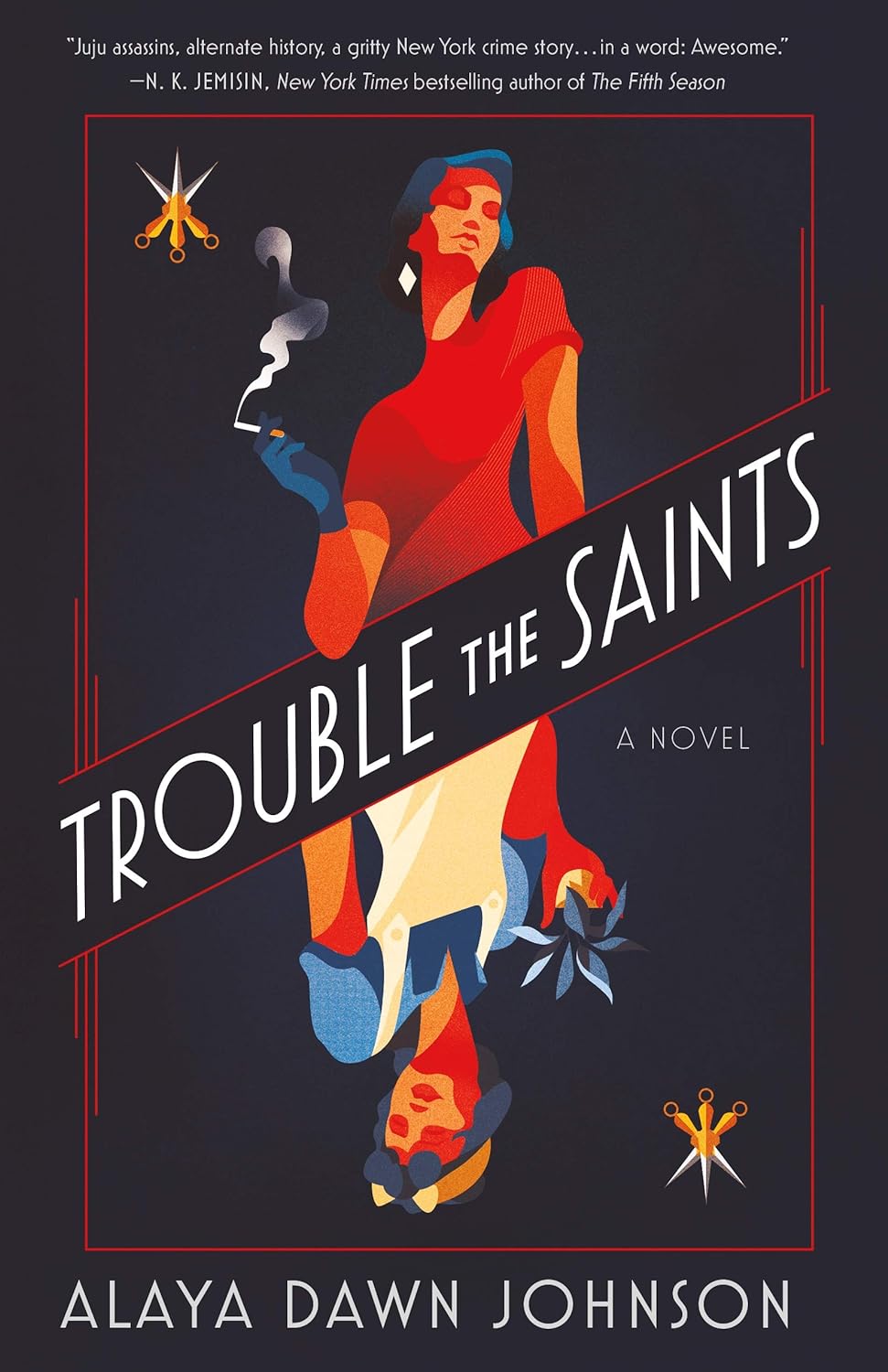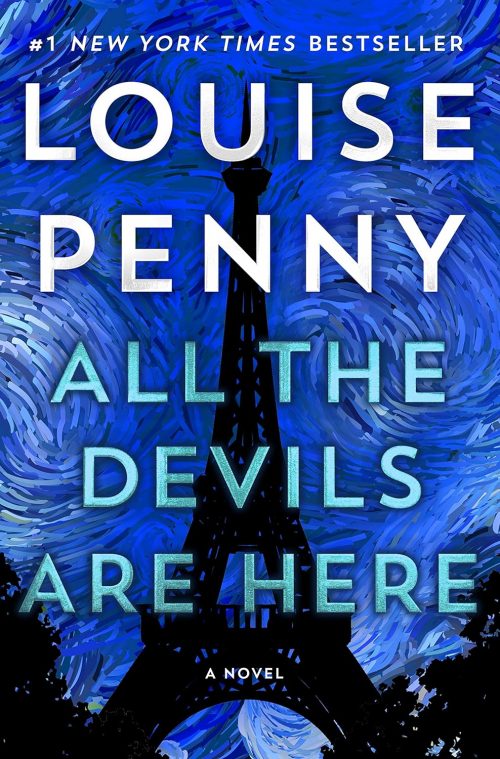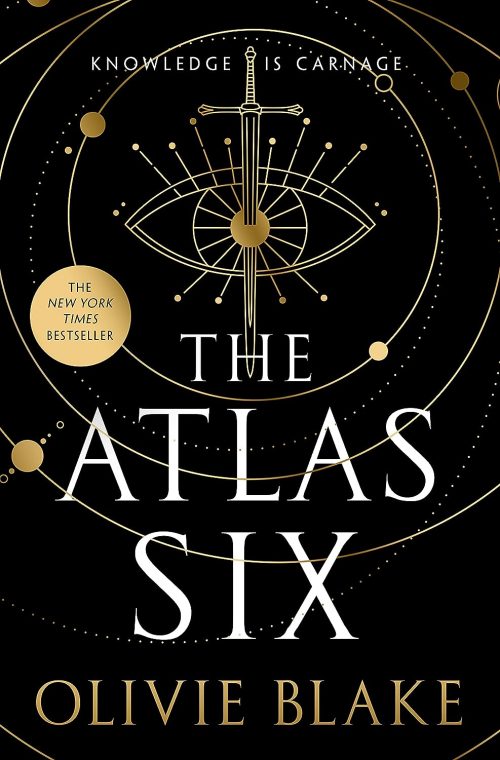Trouble the Saints
Alaya Dawn Johnson’s novel “Trouble the Saints” is a mesmerizing fusion of historical fiction and magical realism, set against the tumultuous backdrop of pre-World War II New York. Much like its comparisons suggest, the book intertwines the enchanting allure of “The Night Circus” with the profound historical gravity of “The Underground Railroad,” but it carves out its own unique space within these intersections.
At the heart of Johnson’s narrative is Phyllis LeBlanc, a formidable protagonist whose journey stretches across a decade of love, betrayal, and existential struggle. Originating from Harlem, Phyllis finds herself ensnared in the perilous glamor of Manhattan’s underworld—a world where her remarkable knack with knives earns her both respect and fear. As an assassin, her life is one of shadows and danger, but it’s also one marred by a haunting sense of moral incongruity that Johnson captures with sharp, poignant prose.
The narrative structure of “Trouble the Saints” is intricately woven, shifting between the perspectives of Phyllis, her lover Dev, and their mutual friend Tamara. This tripartite viewpoint not only enriches the storyline but deepens the characterizations, allowing Johnson to explore the complex intersections of race, power, and identity. Each character is vividly drawn, with their desires and despairs rendered in language that is both lyrical and cutting.
The magical elements of the novel—characters with special abilities tied to their hands—are metaphorically powerful and thematically rich. Johnson uses this motif to explore the broader injustices faced by people of color, particularly within the era’s systemic racism and violence. This supernatural aspect, while subtle, profoundly affects the plot, challenging the characters’ notions of destiny and agency.
The setting of New York is another character in itself, portrayed with a gritty realism that contrasts with the ethereal quality of the characters’ supernatural abilities. Johnson’s depiction of the city captures the pulsating life of its streets, the opulence of its parties, and the menace lurking in its shadows.
However, despite its strengths, “Trouble the Saints” occasionally suffers from a pacing that might test some readers’ patience. The narrative, rich and complex, can seem labyrinthine, weaving in and out of flashbacks and introspections that might detract from the main storyline. Furthermore, the reliance on magical realism requires the reader to embrace a lot of ambiguity, which might not satisfy those looking for concrete resolutions.
Nevertheless, “Trouble the Saints” is a compelling read that offers a powerful examination of the moral complexities of vengeance and justice. Alaya Dawn Johnson has created a thought-provoking tale that resonates deeply with current social and racial issues, making it a significant, timely novel. This book is likely to appeal to readers who appreciate a narrative that challenges both the heart and mind, providing a story that lingers long after the final page is turned.









Reviews
There are no reviews yet.